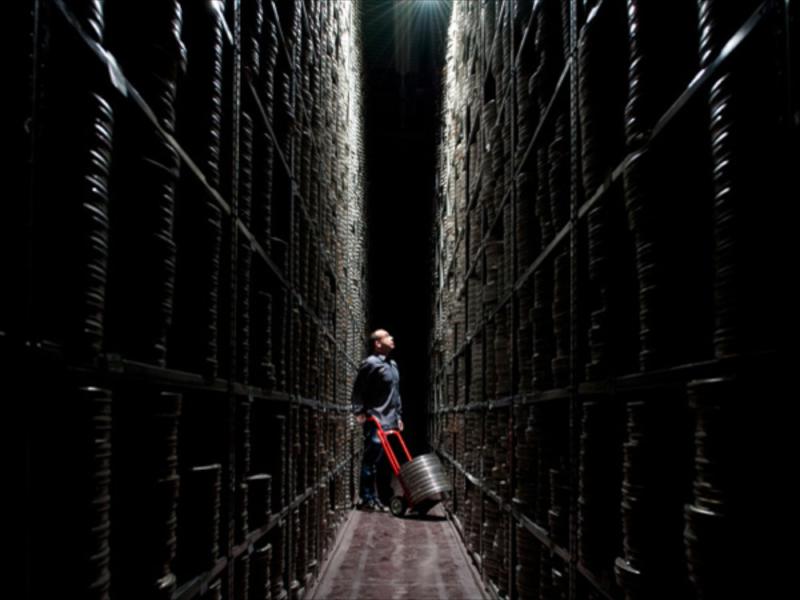
Literary scholars have been able to harness computational power to reveal and analyze previously indiscernible patterns in the texts they study for decades. For cinema scholars, however, the so-called digital revolution has just begun. Until recently, our ability to ask and answer the kinds of questions that have informed literary scholarship in the digital age has been curtailed by technical constraints arising from computers’ limited ability to read and interpret moving images as well as by our own legally circumscribed access to the films we study. Recent innovations in computer-assisted film analysis and exemptions to the Digital Millennium Copyright Act for scholars have created favorable conditions for a new generation of digital research methodologies in cinema studies, with the potential to significantly expand and transform our understanding of film history and of how films make meaning.
Kinolab is a unique research project dedicated to the digital analysis of feature films. It consists of an increasingly large collection of clips (around 400 at present) that have been methodically enriched (or ‘tagged’) with various forms of metadata. By searching for and displaying film clips associated with a particular search term or a combination of search terms, Kinolab enables cinema students and scholars to instantaneously analyze clips from a broad range of films and genres both longitudinally and latitudinally. This project is distinctive from the relatively few other cinema studies projects in development because it bridges the semantic gap between moving images and the computer’s ability to interpret them meaningfully by relying upon human intermediaries, or ‘taggers’. Kinolab is also distinctive among contemporary projects in its big-tent approach to amassing data: it will encourage academic crowdsourcing by inviting faculty and students at institutions across the United States to contribute their own annotated clips via an interoperable platform based upon the open source content management system Omeka. As the project’s collection of clips increases, so does the number of research questions that users might bring to it and, correspondingly, its value as a scholarly resource. Kinolab’s aim is to be the richest, most comprehensive digital collection of film clips available for non-commercial use in the United States: built from the ground up by the students and scholars using it.
Allison Cooper is Assistant Professor of Romance Languages and Literatures and Cinema Studies at Bowdoin College, in Maine. Her research is on modern and contemporary Italian cinema and culture, with a focus on the relationship between narrative film and place. She has published articles on individual films and on the social aspects of cinema, such as open-air cinema, and the connections films make between stars and particular places such as Rome. She is currently at work on Cinematic Rome between the Sacred and the Profane, a book-length analysis of filmic representations of Rome and their treatment of the city’s dual identity as capital of the Catholic Church and capital of the Italian state. In addition to her work on Italian cinema, she directs Kinolab, a digital humanities project for the collection and analysis of narrative, documentary, and experimental film.
Sponsored by: The Department of French and Italian, The Center for Languages, Literatures, and Cultures, The Film Studies Program, The Department of History of Art

